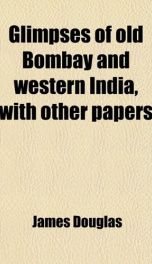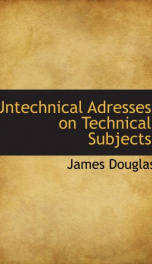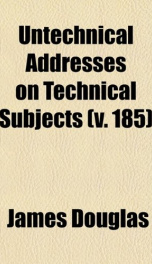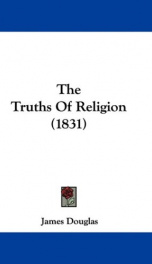glimpses of old bombay and western india with other papers

Purchase of this book includes free trial access to www.million-books.com where you can read more than a million books for free. This is an OCR edition with typos. Excerpt from book: of Bombay, except on an occasional trip to Bancoot, for nearly sixty years. He died in Byculla, and his name may be seen in the list of the Governors of Bombay in 1795. He was universally respected, and there is a tablet to his memory in the Cathedral. May 15th, 1834, at Madras, died General Sir Andrew McDowall, K.C.B. He had been fifty-one years in the country without going home. At his funeral, fifteen men of the 63rd Regiment fainted, having walked four miles in the hottest time of the day, leaving their barracks at 4 P.M., of whom one sergeant and two corporals died, and were buried next day. Charles Crommelin, Governor of Bombay, 1760-67, "served the Company thirty-five years, returned to England in 1757, suffered greatly in trade, returned to India in 1772 as a free merchant, and now (1777) resides at Canton." He had joined the Company in 1732. James Forbes saw him at Goa in 1784, when he was acting British Consul. Can this be the same man whose tomb in the Presidency graveyard at Kasimbazir, Moorshedabad, is described by Mr. Beveridge, in the Calcutta Review, July, 1892 ? The inscription" C. Crommelin, eighty-one. December 25th, 1788 "seems to indicate that he may have wandered there at last. Requiescat in pace. (3.) BOMBAY, SOCIAL AND CONVIVIAL, DURING THE PAST HUNDRED YEARS. Mails. ONE of the greatest elements of social happiness in this country consists in the regularity and speed with which we receive our home letters and news from the old country. In olden times the mails were slow and very irregular. For example, the news of the death of the Princess Charlotte, which took place on November 6th, 1817, was only known in Bombay on February 28th, 1818, and the death of George III., which took place oilJanuary 29th, 1820, was not announced here until May 2...
Info about the book
Author:
Series:
Unknown
ISBN:
0974434701
Rating:
3/5 (4)Your rating:
0/5
Languge:
English
Users who have this book
Users who want this book
What readers are saying
What do you think? Write your own comment on this book!
write a commentif you like glimpses of old bombay and western india with other papers try:
Other books by this author
Do you want to exchange books? It’s EASY!
Get registered and find other users who want to give their favourite books to good hands!







